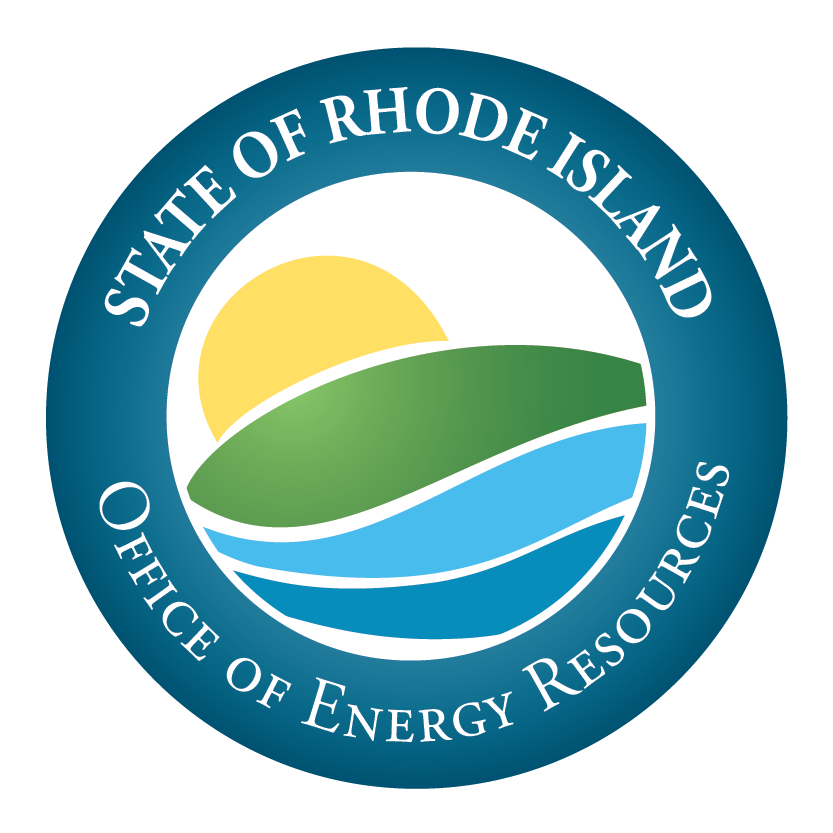Grid Resilience: Promoting Resilient Outage Prevention (PROP)
About IIJA Section 40101(d)
In July 2023, the Office of Energy Resources applied for a formula funding grant opportunity through the U.S. Department of Energy's Grid Deployment Office (GDO) called "Preventing Outages and Enhancing the Resilience of the Electric Grid," established by Section 40101d of the Infrastructure Investment and Jobs Act (IIJA), also know as the Bipartisan Infrastructure Law (BIL).
Grid Resilience State and Tribal Formula Grants provide non-competitive formula funding to states, territories, and tribes to improve the resilience of their electric grids. The program is designed to strengthen and modernize America’s power grid against wildfires, extreme weather, and other natural disasters that are exacerbated by the climate crisis.
As part of and in addition to upgrading and modernizing infrastructure, DOE’s BIL investments will address the climate crisis and support efforts to build a clean and equitable energy economy that achieves zero carbon electricity by 2035 and put the United States on a path to achieve net-zero emissions economy-wide by no later than 2050.
The objective of this Program is to improve the resilience of the electric grid against disruptive events. Per IIJA section 40101(a)(1), a disruptive event is “an event in which operations of the electric grid are disrupted, preventively shut off, or cannot operate safely due to extreme weather, wildfire, or a natural disaster.” To achieve this objective, funding provided by DOE under this Program may be used to implement a wide range of resilience measures intended to mitigate the impact of disruptive events, including:
- weatherization technologies and equipment;
- fire-resistant technologies and fire prevention systems;
- monitoring and control technologies;
- the undergrounding of electrical equipment;
- utility pole management;
- the relocation of power lines or the reconductoring of power lines with low-sag, advanced conductors;
- vegetation and fuel-load management;
- the use or construction of energy storage for enhancing the grid’s adaptive capacity during disruptive events, including microgrids and battery storage subcomponents
No Generational Assets
Funds awarded through this grant program CANNOT be spent on GENERATIONAL ASSETS (i.e. NO SOLAR OR WIND technology) these funds can only fund energy storage assets so long as the energy storage component improves the adaptive capacity of the grid, i.e. the systems ability to adapt to the frequency, severity and unpredictability of major storm events.
Small Utilities Set Aside
Section 40101(d)(6) requires a Small Utilities Set Aside, by which the percentage of funding made available to utilities that sell not more than 4,000,000 MWh per year is not less than the percentage of all customers in Rhode Island that are served by those eligible entities. Rhode Island is serviced by two small utilities, Block Island and Pascoag Utility Districts. Additionally, Rhode Island has committed to ensuring the benefits of the funding are shared equitably, advancing the State’s equity, environmental, and energy justice priorities, and in line with the Administration’s Justice40 Initiative.
Multiple pathways exist for the United States to meet its infrastructure resilience and clean energy goals, but all require upgrading and expanding the Nation’s electric infrastructure systems; significant investment in cost-effective new generation resources and energy storage; and efficiency, decarbonization, and demand flexibility investments in buildings, industry, and transportation. Resilience improvements may include upgrades of individual hardware components, software components, or both, as well as enhancements in operations or new configurations of the grid. Principles of equity and justice will guide implementation of this program, in alignment with the Administration’s Justice40 Initiative.
Cost Share Requirements
- Eligible entities that sell >4,000,000 MWh of electricity per year must match 100% of the subaward value.
- Eligible entities which sell ≤4,000,000 MWh of electricity per year must match one-third (1/3) of the subaward value.
- Subawardees must abide by the Buy America guidelines.
- Subawardees must abide by the Davis-Bacon guidelines.
Program Period:
OER's approved application to the DOE included a Program Narrative intended to apply to each year of the five (5) year award period. Awards may be extended to span the amount of time necessary for recipients to complete all subaward project efforts, for up to ten (10) years.
Grants Management System
In 2022, the State of Rhode Island launched a new Grant Management System (GMS) in collaboration with eCivis. State agencies are gradually transitioning to this new system, but ALL federal funding that is sub-awarded after July 1, 2023 is now required to use this grants management system to apply for funding and submit budgets/invoicing. Applications for nearly all State of Rhode Island grant programs will be available on eCivis. This funding opportunity went live on eCivis on June 24, 2024.
The RI PROP funding opportunity MUST be applied to via the eCivis platform. Email application submissions will not be accepted.
There are numerous user guides and a full-time staff of folks in RI's Grants Management Office (GMO) who are willing and able to answer any troubleshooting questions that may arise during the application process.
- Click the following link to access the GMS resources for creating eCivis portal accounts, submitting applications, and other guides for subrecipients.
- If you are experiencing technical issues, you may click here to submit a ticket via the User Support Form on the GMS website.
Request for Applications (READ-ONLY. Apply via eCivis)
Public Hearing Process
The RI OER conducted two public hearings about this funding opportunity in February of 2023. Click the button below to learn more about the public hearing process.
Contact Us
If you have any additional questions about the RI PROP Program, please contact Abigail Hasenfus at abigail.hasenfus@energy.ri.gov
